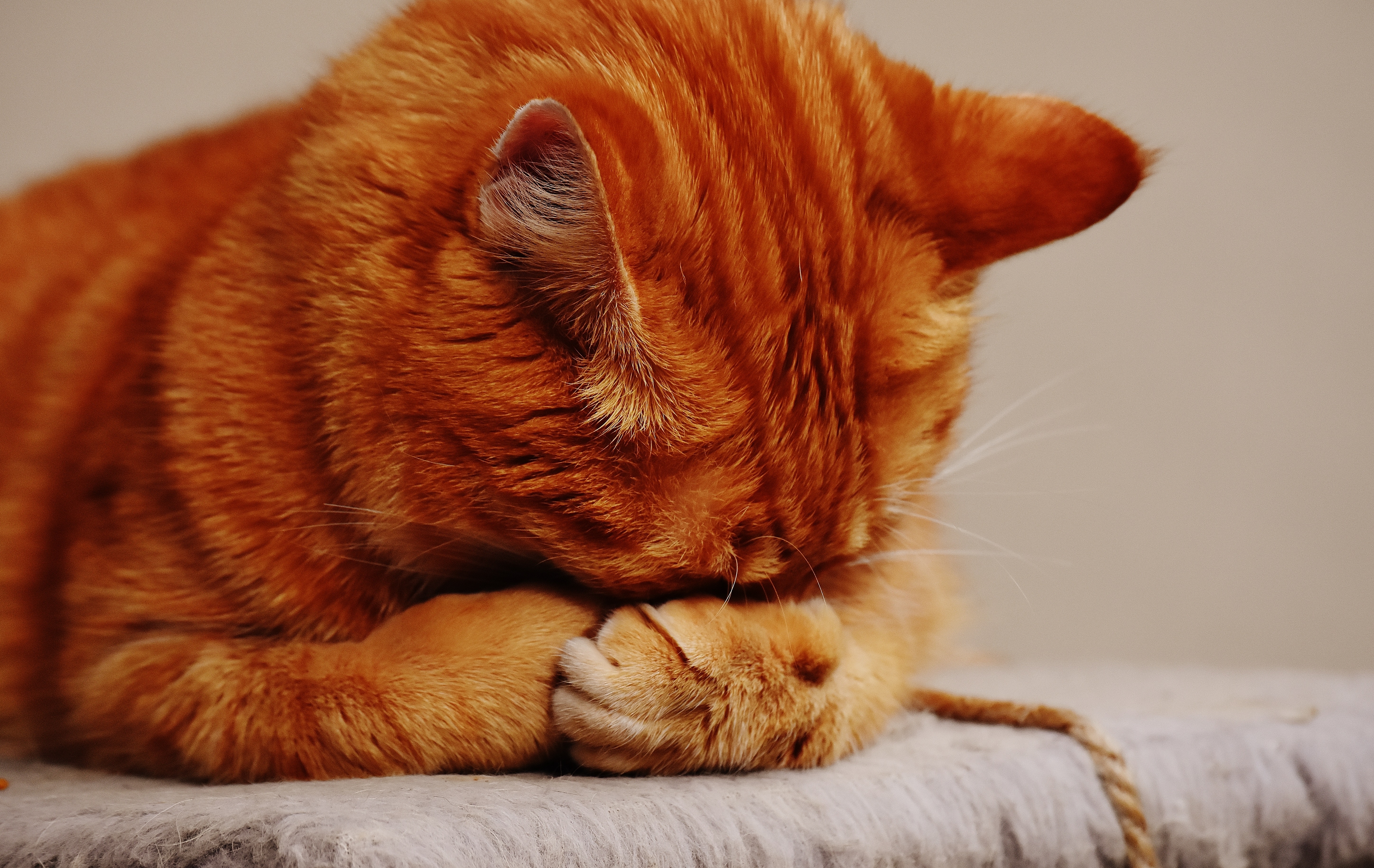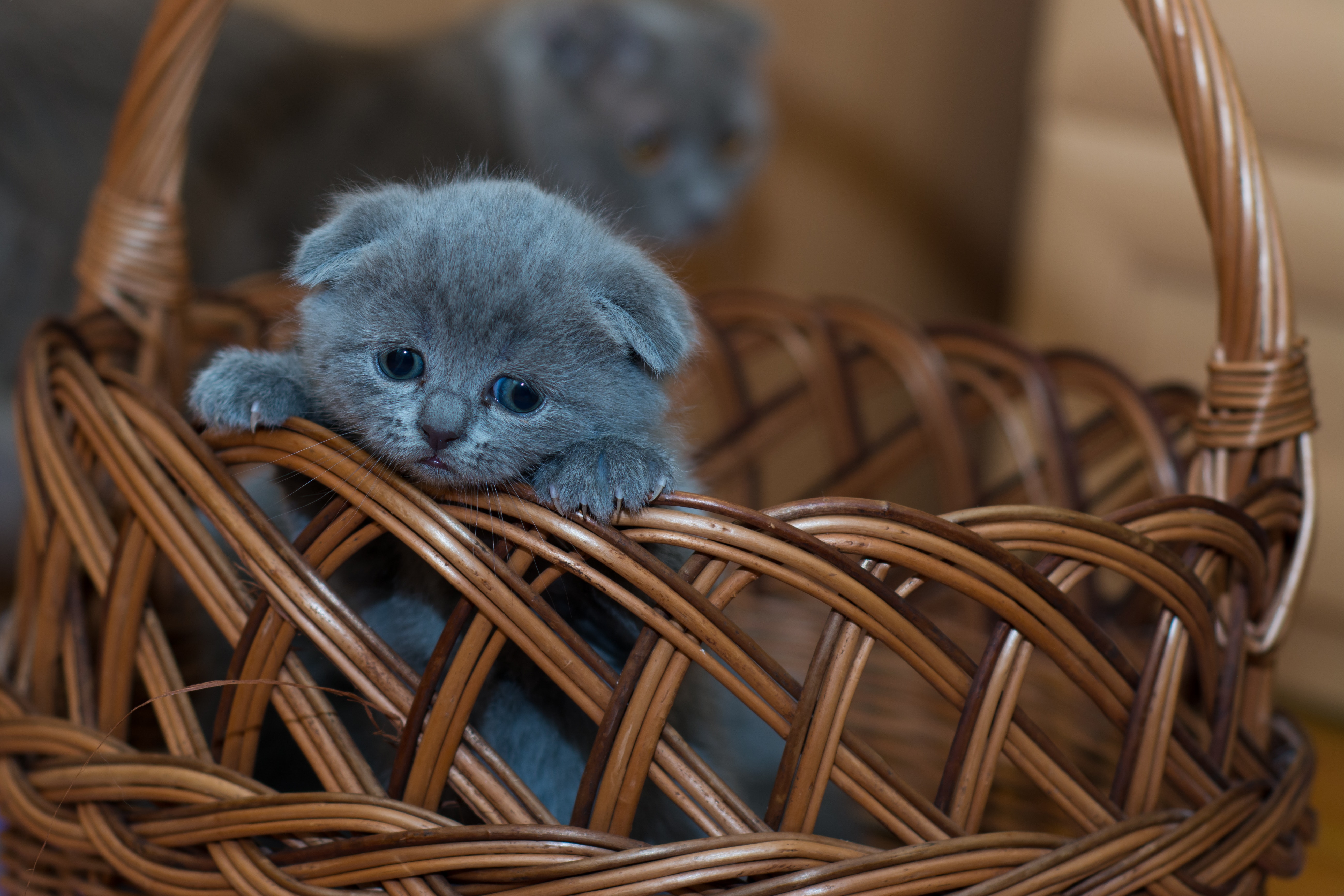Table of Contents
Losing a beloved pet can be heartbreaking, but the question of how long do cats mourn the loss of another cat is an important one.
The answer may surprise you – while we often think of cats as being solitary creatures, they actually form strong social bonds with other animals in their environment and when those connections are broken due to death or relocation, it can leave them feeling grief-stricken.
In this blog post we’ll explore understanding cat grief and coping with the loss of a pet as well as ways to prevent future losses in multi-cat households so that your furry friends remain happy and healthy for years to come.
Table of Contents:
- Understanding Cat Grief
- Coping with the Loss of a Cat
- Preventing Future Losses in Multi-Cat Households
- Conclusion
Understanding Cat Grief
Grief is a natural emotion that cats can experience when they lose something or someone important to them. Grieving cats may display signs of depression, such as lethargy, loss of appetite, and decreased grooming.
They may also become clingy with their owners or seek out the company of other animals in the household.
What is Grief?
Grief is an emotional response to loss and it’s normal for cats to grieve when they lose a companion animal or human family member. Cats can form strong bonds with both humans and other animals so it’s not uncommon for them to feel sadness when these relationships end due to death or separation.
Signs of Grieving in Cats
The signs of grief in cats vary depending on the individual cat but some common behaviors include: reduced activity levels; sleeping more than usual; lack of interest in food; excessive meowing; hiding away from people and other pets; avoiding favorite activities like playing or cuddling.
At times you will see increased vocalization (meowing); seeking attention from people/other pets more often than usual; changes in litter box habits (either using it less frequently or not at all).
How Long Does Cat Grief Last?
The length of time that cat grief lasts depends on several factors including how close the bond was between the cat and its lost companion, whether there are any remaining companions left behind, and if there are any new sources of comfort available for the grieving cat.
In general though, most experts agree that it takes about 6-8 weeks for a grieving cat to adjust after losing a loved one.
Grieving is a normal and natural process for cats, but understanding the signs of grief can help you provide comfort to your cat during this difficult time. By knowing what to look for and how long it may last, you can better prepare yourself when helping your pet cope with loss.
Coping with the Loss of a Cat
It is important to take the time to properly grieve and cope with the loss of your cat. Here are some tips on how to do that:
Comforting Your Remaining Cat(s): If you have other cats in your home, it is important to provide them with extra love and attention during this difficult time. Cats may display signs of grief when they lose another cat from their household, such as decreased appetite or lethargy.
Spend quality time playing with them, brushing them, or simply cuddling together on the couch; whatever helps make them feel safe and secure again.
Losing a pet can leave us feeling lost without our daily routines involving our furry friends. To help fill this void, try creating new rituals that honor your cat’s memory while also helping you move forward in life without him or her by your side.
For example, set aside a special day each month where you visit his or her favorite spot in nature or bake his or her favorite treat at home – anything that will bring back fond memories of your beloved companion while also providing closure for yourself as well as any remaining pets in the household who may still be grieving too.
Grieving over the loss of a pet can be overwhelming at times, so don’t hesitate to seek professional help if needed. This could involve talking to a therapist or joining an online support group specifically designed for people going through similar experiences as yours.
Having someone listen who understands what you are going through can often provide comfort during this trying period in life, so don’t hesitate to reach out for assistance if necessary.
It is important to remember that cats are resilient creatures, and with the right care and support, they can cope with the loss of a companion. With proper preventative measures in place, you can help ensure your remaining cats remain safe and healthy for years to come.
Preventing Future Losses in Multi-Cat Households
Taking proactive steps to prevent future losses is important for both the health and wellbeing of all cats involved.
Providing Adequate Resources for All Cats: Ensuring that each cat in your household has access to adequate resources such as food, water, toys, litter boxes and scratching posts is essential.
Having enough resources will help reduce competition between cats which can lead to aggression or stress-related behaviors. Additionally, providing interactive toys like puzzle feeders or treat balls helps keep cats mentally stimulated while also providing an outlet for their natural hunting instincts.
Scheduling Regular Veterinary Visits and Vaccinations: Scheduling regular veterinary visits allows your vet to monitor your cat’s overall health including any potential illnesses or diseases that may arise over time.
This also provides an opportunity to discuss any changes in behavior you may have noticed since their last visit as well as administer necessary vaccinations if needed.
Spaying/Neutering To Reduce Aggression: Spaying/neutering not only reduces the risk of unwanted litters but it also helps reduce aggressive behaviors in male cats by reducing testosterone levels which are linked with territorial disputes among males.
It’s important to note that spaying/neutering should always be done under the supervision of a veterinarian who will provide guidance on when it is appropriate based on age and other factors specific to your cat’s individual needs.
By taking these proactive steps, you can help ensure that all members of your multi-cat household remain healthy and happy while minimizing potential risks associated with losing another beloved pet due to illness or injury in the future.
Conclusion
The loss of a beloved cat can be devastating for both cats and their owners. It is important to understand that cats do grieve the loss of another cat, although the length of time they mourn may vary from one individual to another.
By providing your remaining cats with extra love and attention during this difficult time, you can help them cope with their grief. Additionally, taking steps to prevent future losses in multi-cat households by ensuring all pets are spayed or neutered, vaccinated regularly, and kept indoors will help ensure that your family remains happy and healthy for years to come.
The loss of a beloved cat can be devastating for both the pet and their owner. To help cats cope with this difficult time, it’s important to understand how long they mourn the loss of another cat in order to provide them with adequate support.
If you’re looking for ways to best comfort your furry friend during this tough period, our website provides valuable information on how long cats typically grieve after losing a companion as well as helpful tips on comforting your feline pal through its sorrowful journey. Don’t wait any longer – visit us today and get the answers you need!


